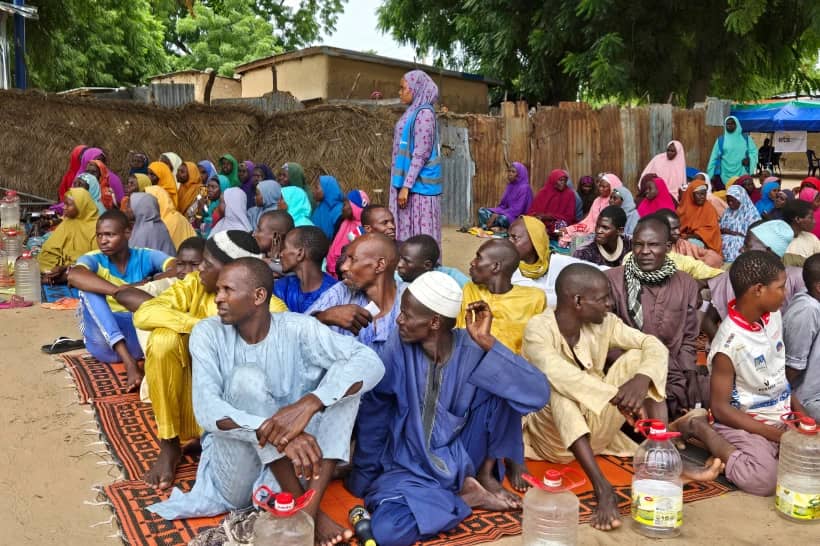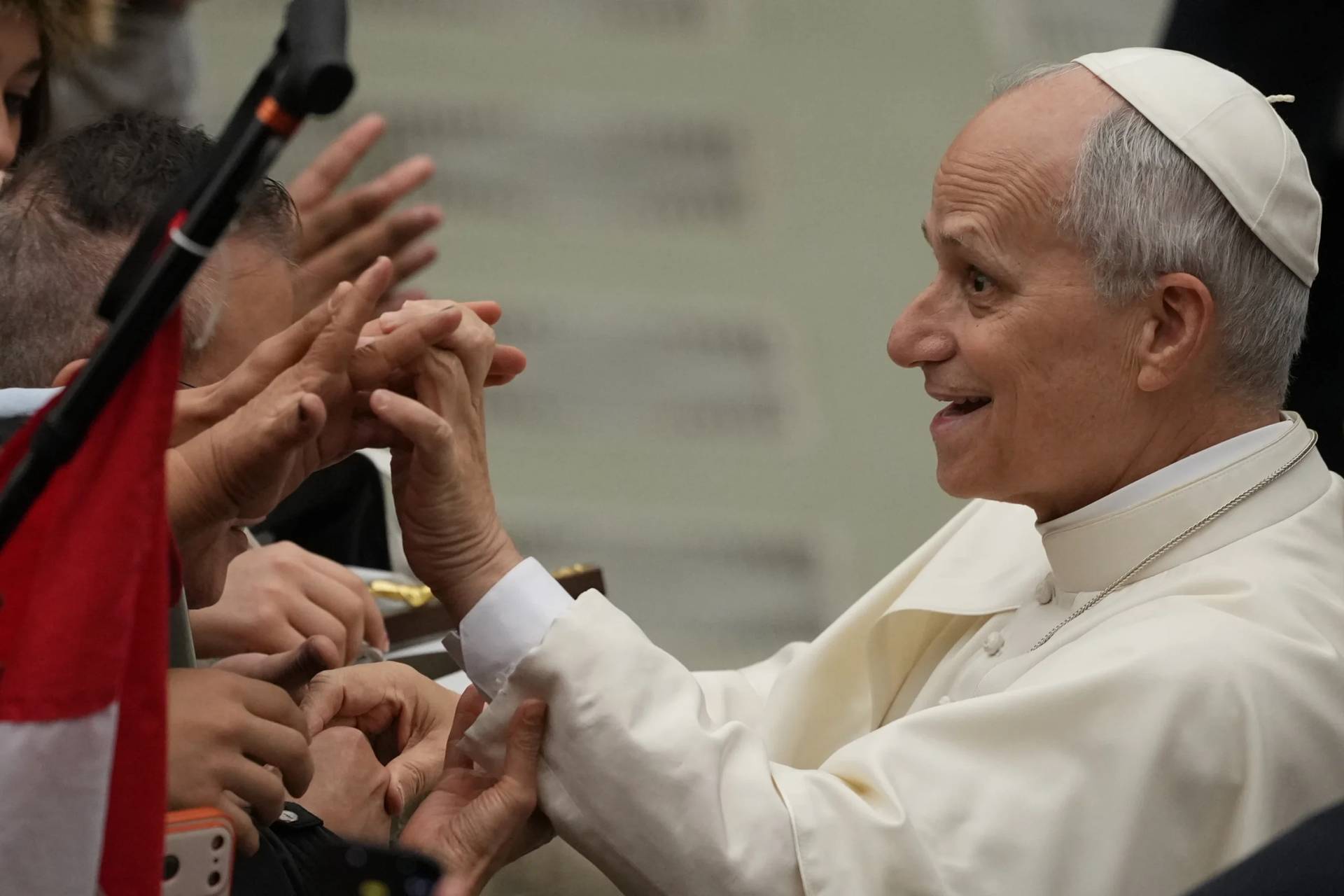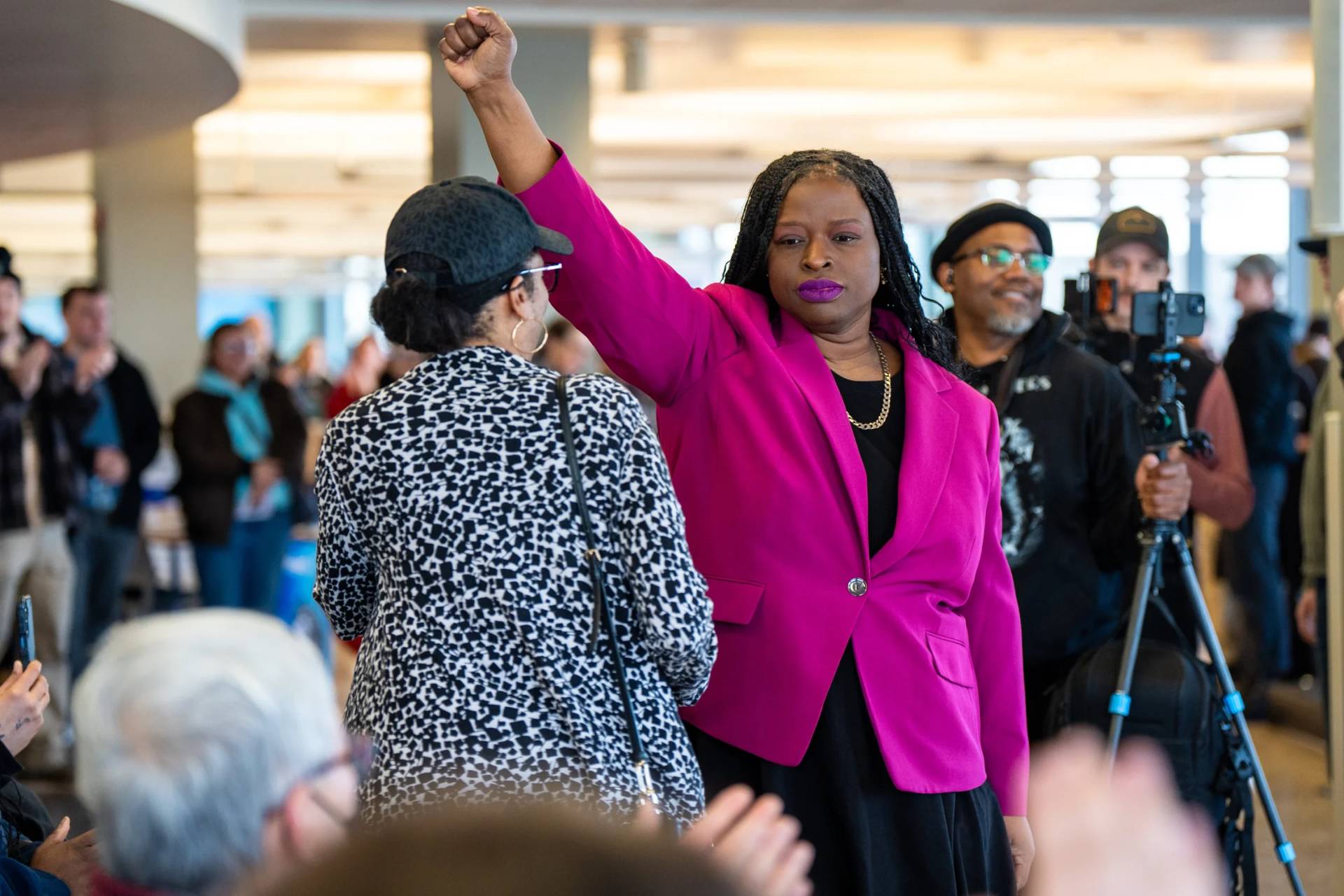NEW YORK — While the upcoming Vatican meeting of bishops from the Amazon is focused on pastoral needs for that particular region, two U.S. bishops have weighed in on one of its central proposals — offering starkly different takes.
Bishop Joseph Strickland of Tyler, Texas and Bishop Richard Stika of Knoxville, Tennessee have taken to Twitter in recent days to comment on the Pan-Amazonian Synod’s working document, which raises the option of ordaining married men in order to provide greater access to the sacraments, particularly in the remote areas of the region.
RELATED: Married priests officially on the agenda during Amazon synod
While both U.S. prelates are considered to be theologically conservative, their responses reflect a wider divide over the issue, which is likely to be one of the most divisive issues debated when the Synod convenes in October.
In a series of Tweets over two days, Stika defended the proposal of allowing married priests, noting that he assented to the authority and wisdom of the pope on the matter.
In his first message, he wrote that “Since the Church already has married priests in the world, I see no reason not to. To deny the Eucharist because of Church discipline to a remote area is wrong.”

“Most likely the ones who may complain are folks who can easily go to Mass,” he added, noting that he has traveled in the region and recognized its remoteness.
After sparking a range of replies, he added: “For those who have attacked my position of ordaining married elders in the Amazon. You live in the United States where Mass is readily available.”
“You live in comfort and in many places people are begging for the Sacraments and in other places they are dying because of their desire. Your comfort makes you blind to those who are not so blessed. It is shameful. You are spoiled. You have an ignorance of the missionary world,” he added.
“If the Amazon Synod sees a need, and with the permission of the Vicar of Christ and the successor of Peter gives his assent then it is correct,” he wrote in another message.
Meanwhile, Strickland — whose commentary was less extensive, but more direct — wrote on Twitter: “China and Amazonia are half a world apart but the Vatican seems to have both regions on the same path to apostasy,” an apparent effort to compare the Amazon Synod to the Holy See’s recent deal with China which has caused controversy for allowing state input on the appointment of local bishops.

Strickland then linked to an article from LifeSite News, a right-wing website known for its criticism of Pope Francis and of the proposal to ordain married priests.
Both Strickland and Stika are among the most actively engaged U.S. prelates on social media.
While critics of the proposal have made sweeping claims that it could lead to the end of the celibate male priesthood, the language of the Synod working document is quite limited.
“Affirming that celibacy is a gift for the Church, it is requested that, for the most remote areas of the region, the possibility of priestly ordination for elderly people is studied,” says the 60-page document, which was released last month.
The document goes on to note that the elderly ordained in remote areas should “preferably [be] indigenous people, respected and accepted by their community, even if they already have a family that is established and stable, in order to ensure the Sacraments that accompany and sustain the Christian life.”
Pope Francis, an Argentine native who has spent time in the region, has been particularly attentive to the argument that married priests, particularly the ordination of what are known as the viri probati, married men of proven virtue, many of whom already serve as permanent deacons, could offer an immediate benefit to Catholics in areas that often go months without seeing a priest or receiving the sacraments.
The issue of priestly celibacy remains one of Church discipline, rather than doctrine, and should he authorize the proposal, this would not mark the first time a pastoral accommodation has been made.
Many eastern rite Catholic Churches allow married men to be ordained, and the Catholic Church allows some married Protestant clergy who convert to remain in priestly ministry, most recently with Pope Benedict XVI’s establishment of the Anglican Ordinariate in 2009.
The Synod on the Amazon will take place in Rome October 6-27 and will cover a range of issues, including that of the environment, urbanization of the region, poverty, and indigenous theology.
Follow Christopher White on Twitter: @cwwhite212
Crux is dedicated to smart, wired and independent reporting on the Vatican and worldwide Catholic Church. That kind of reporting doesn’t come cheap, and we need your support. You can help Crux by giving a small amount monthly, or with a onetime gift. Please remember, Crux is a for-profit organization, so contributions are not tax-deductible.














